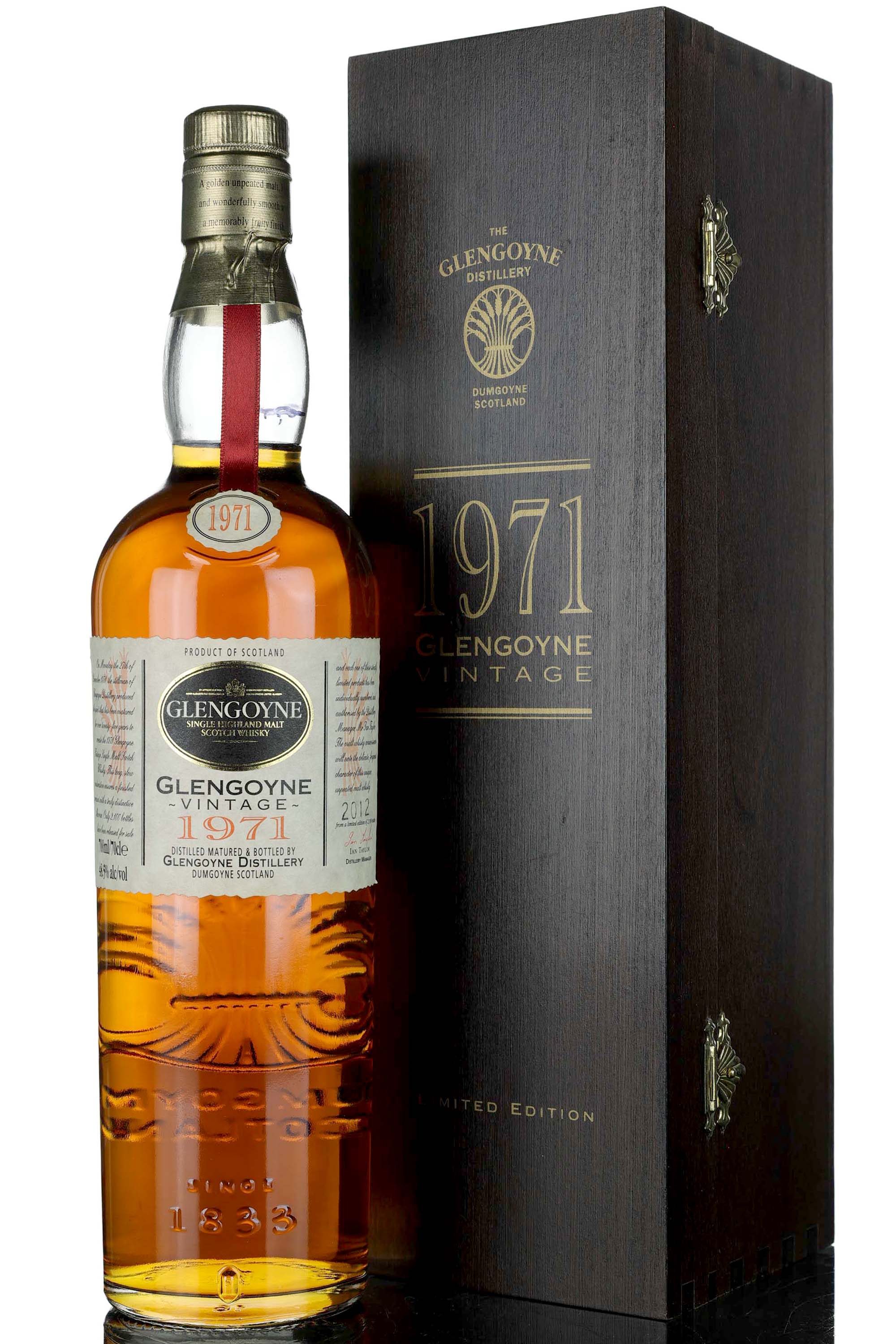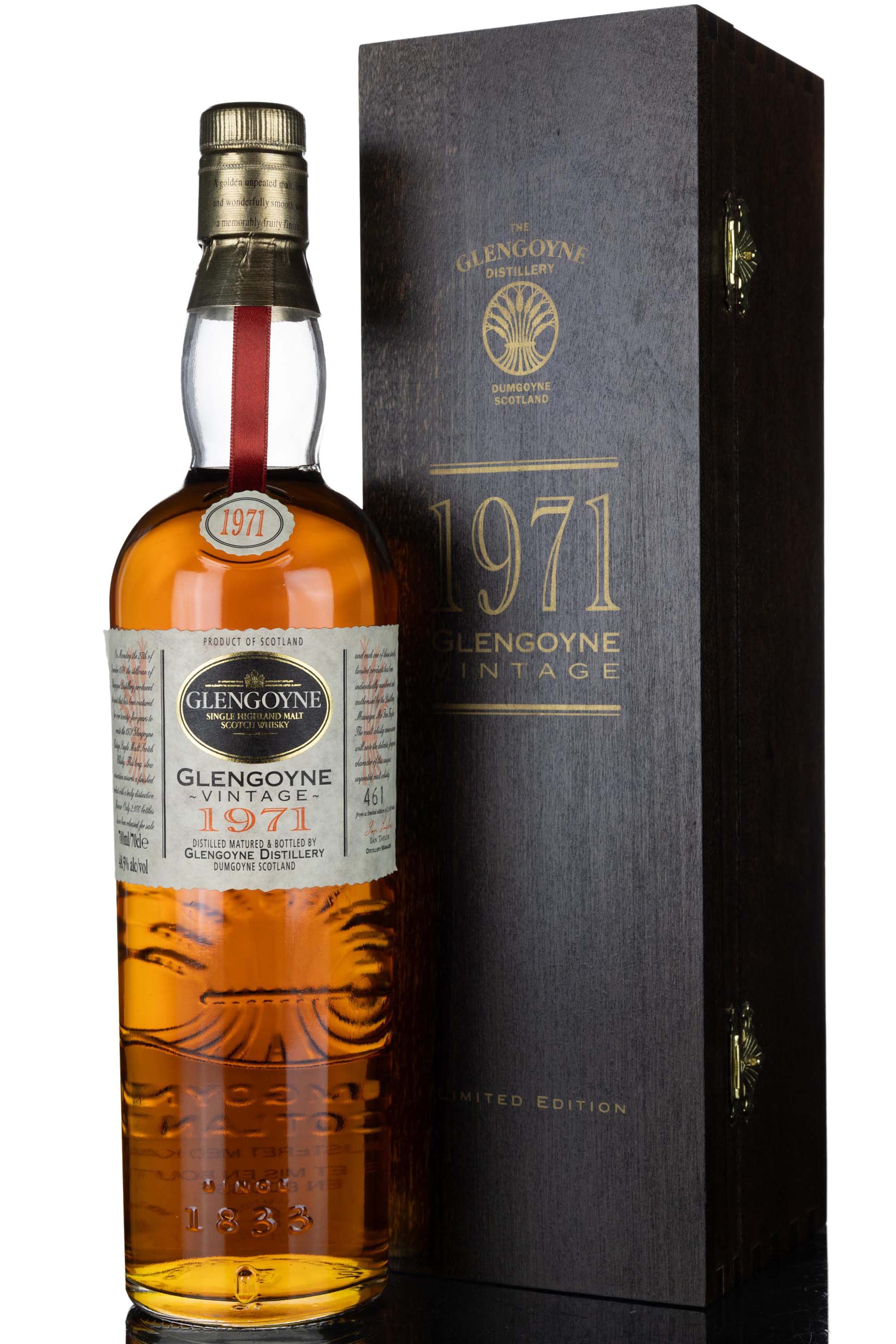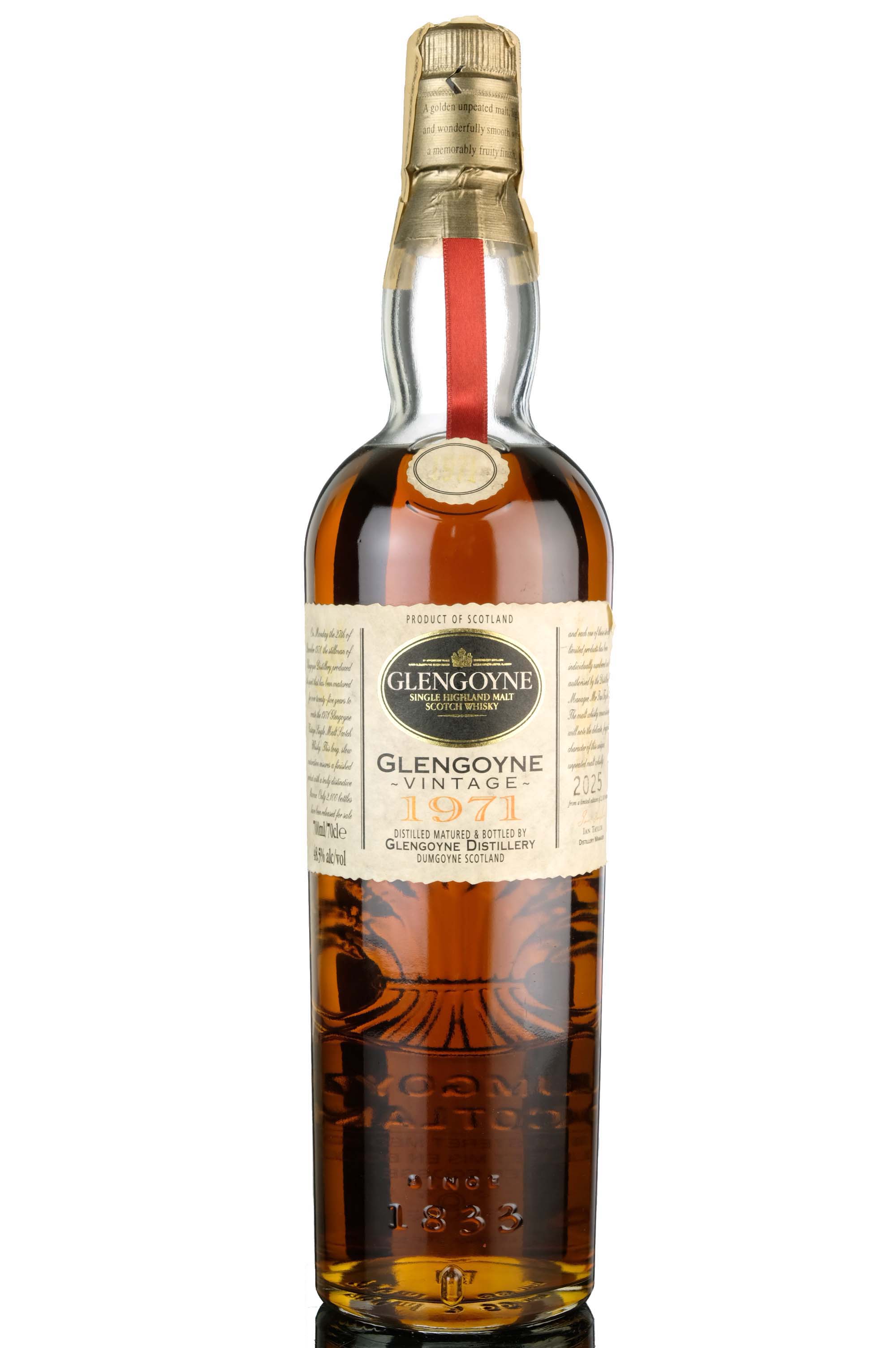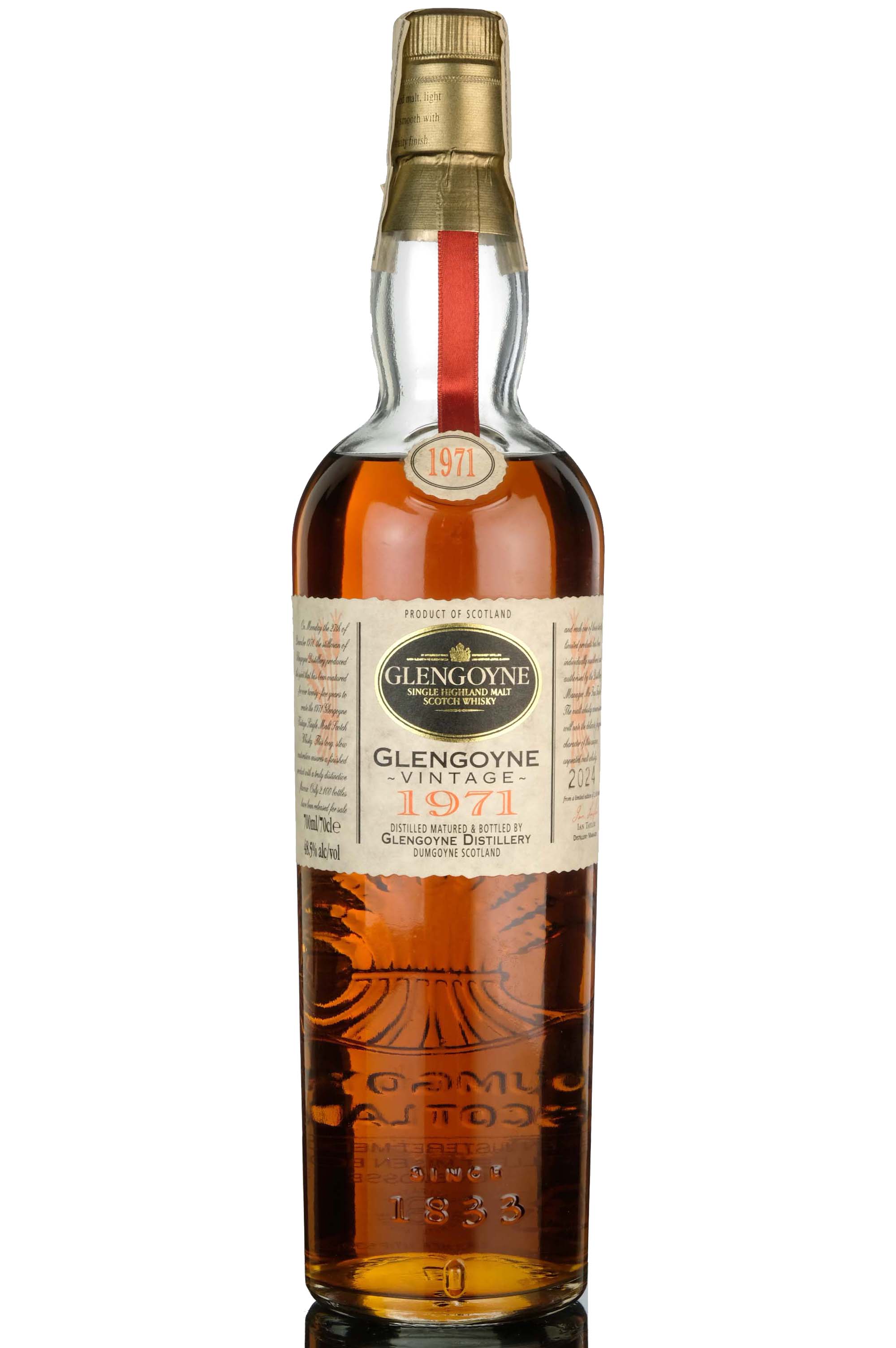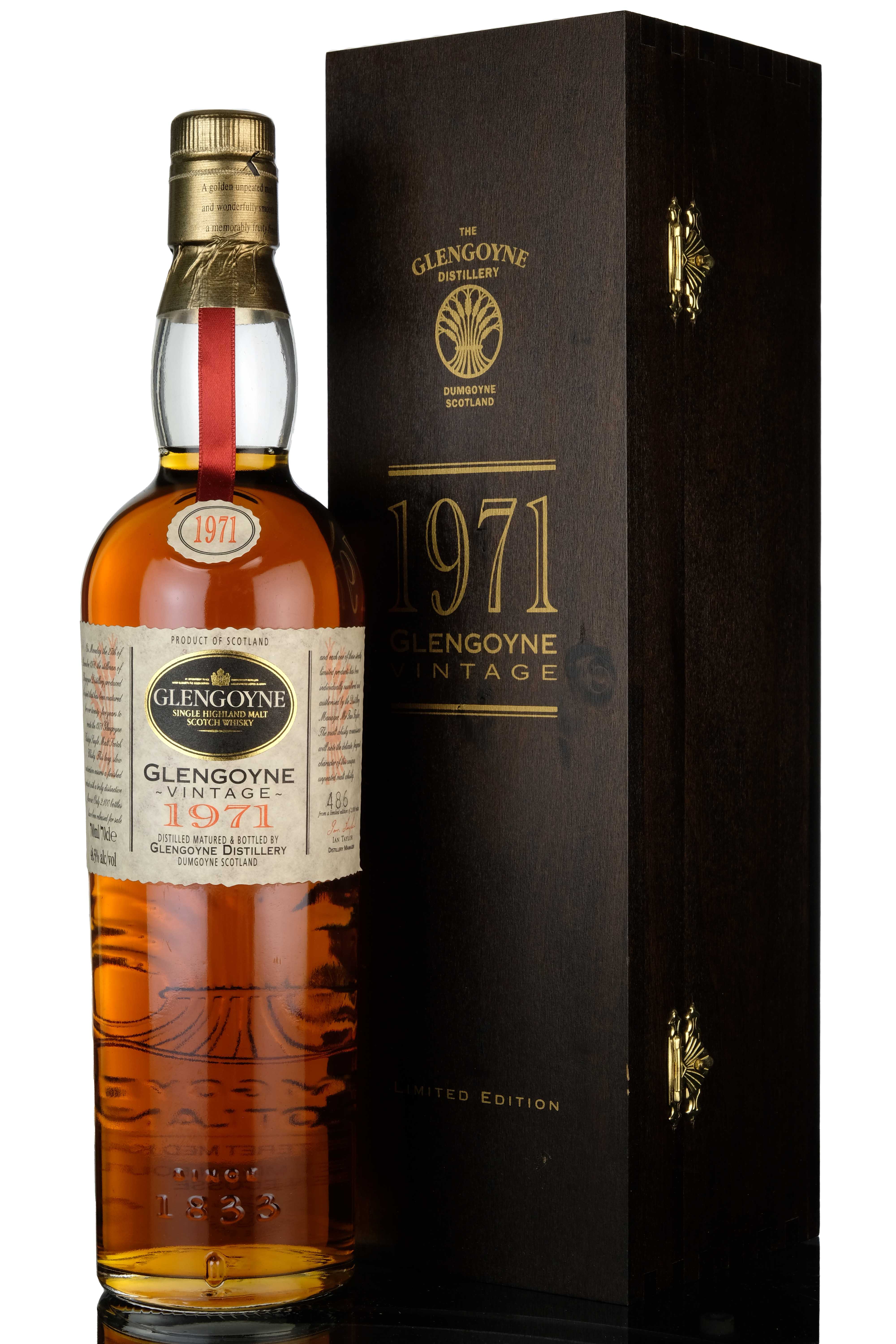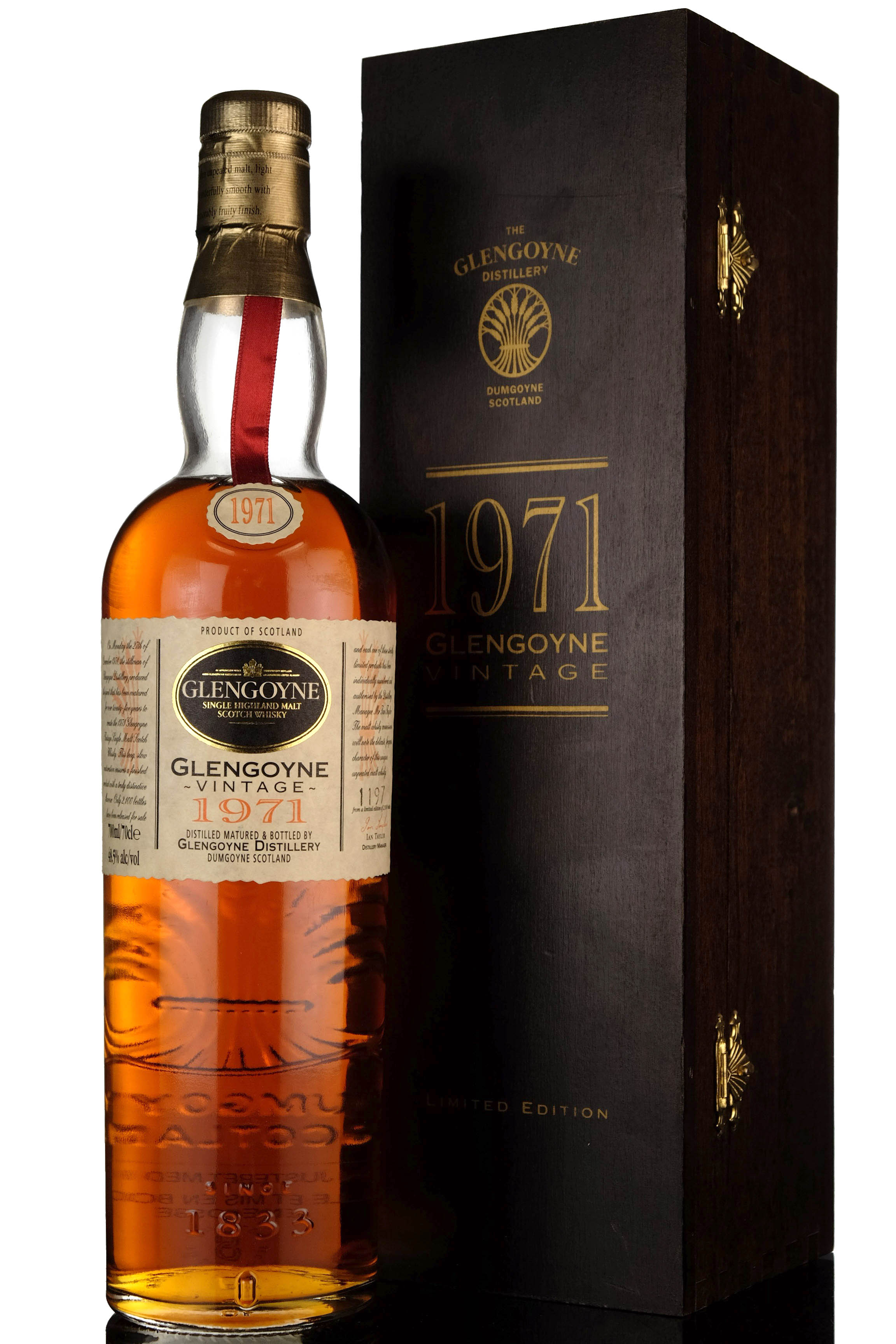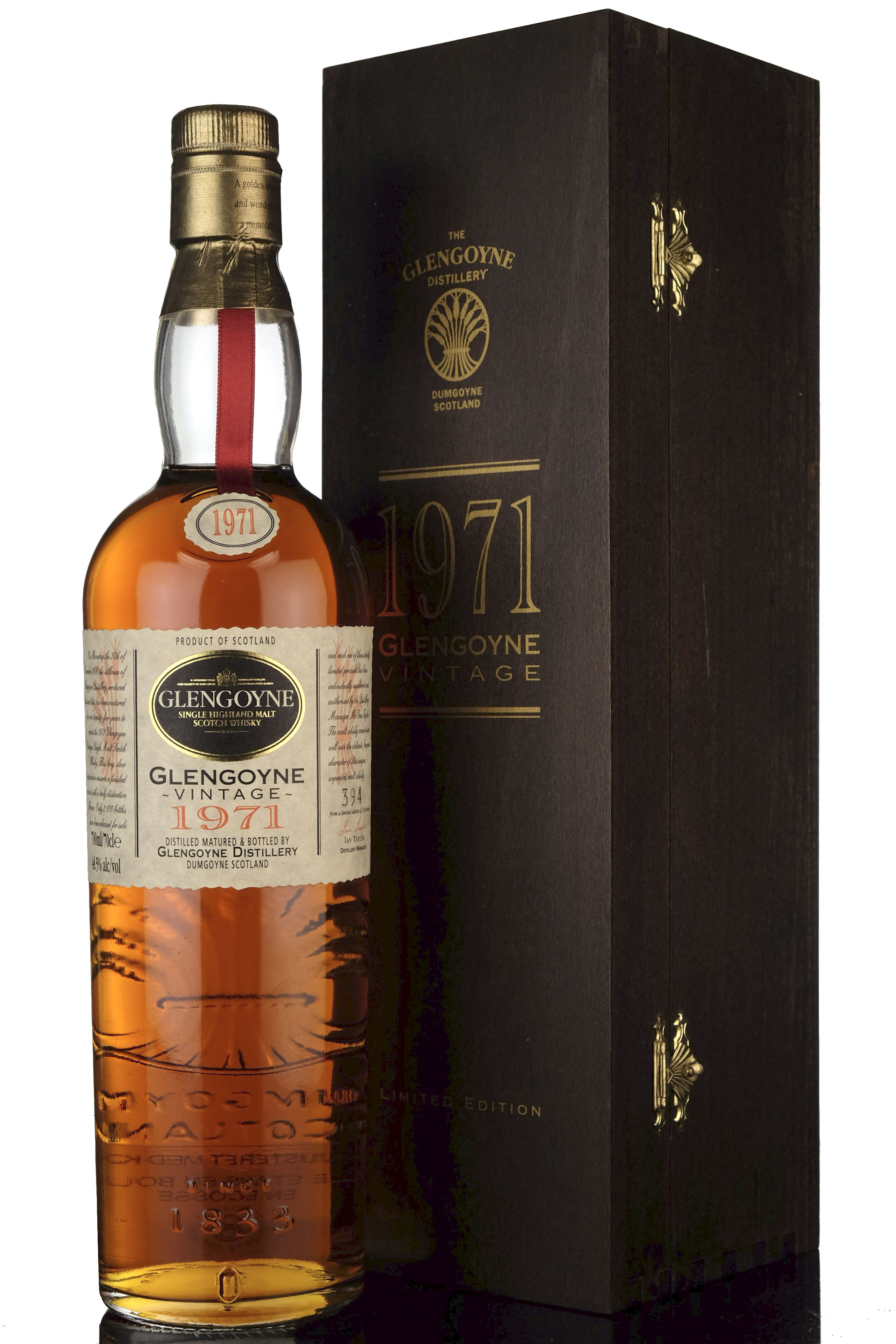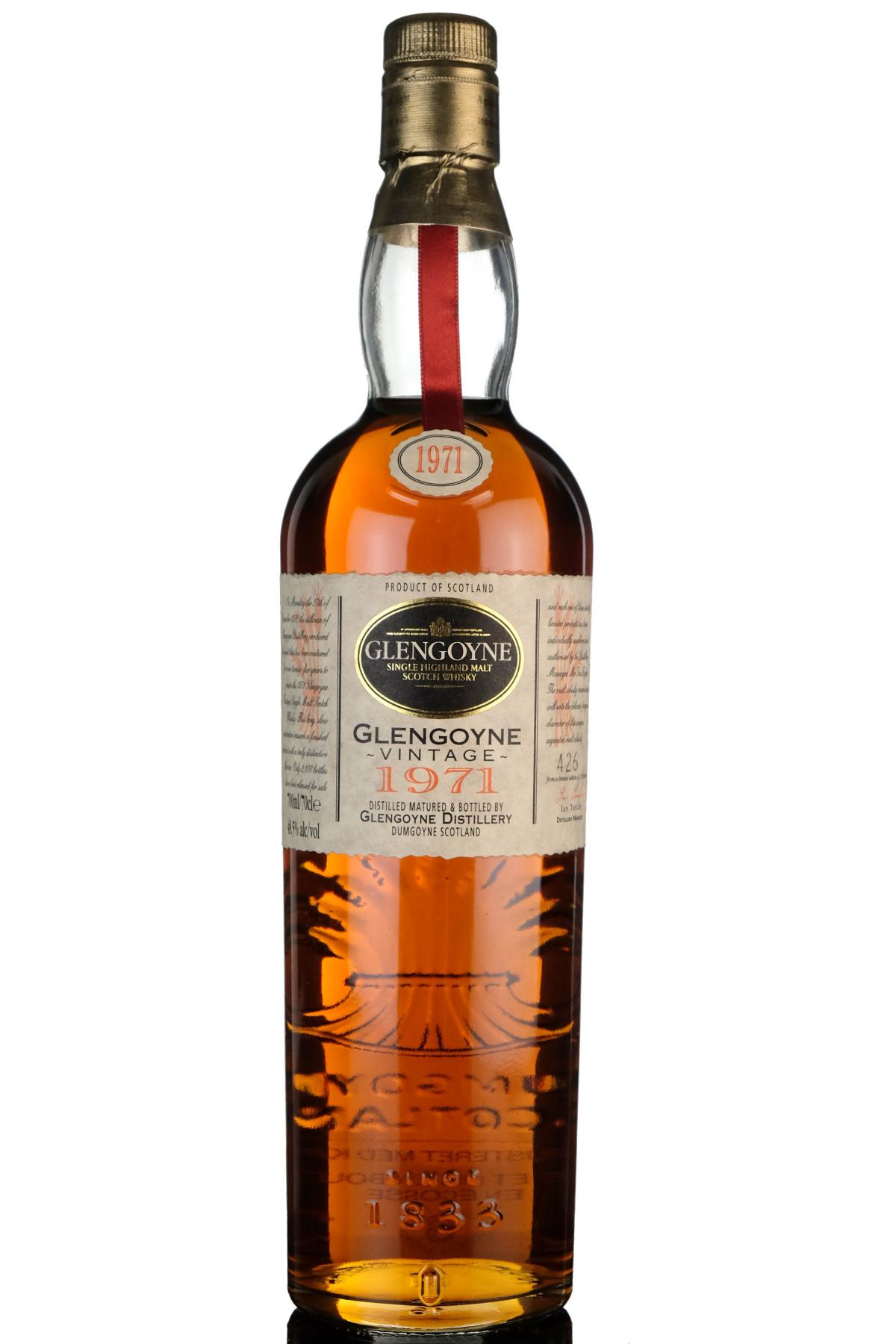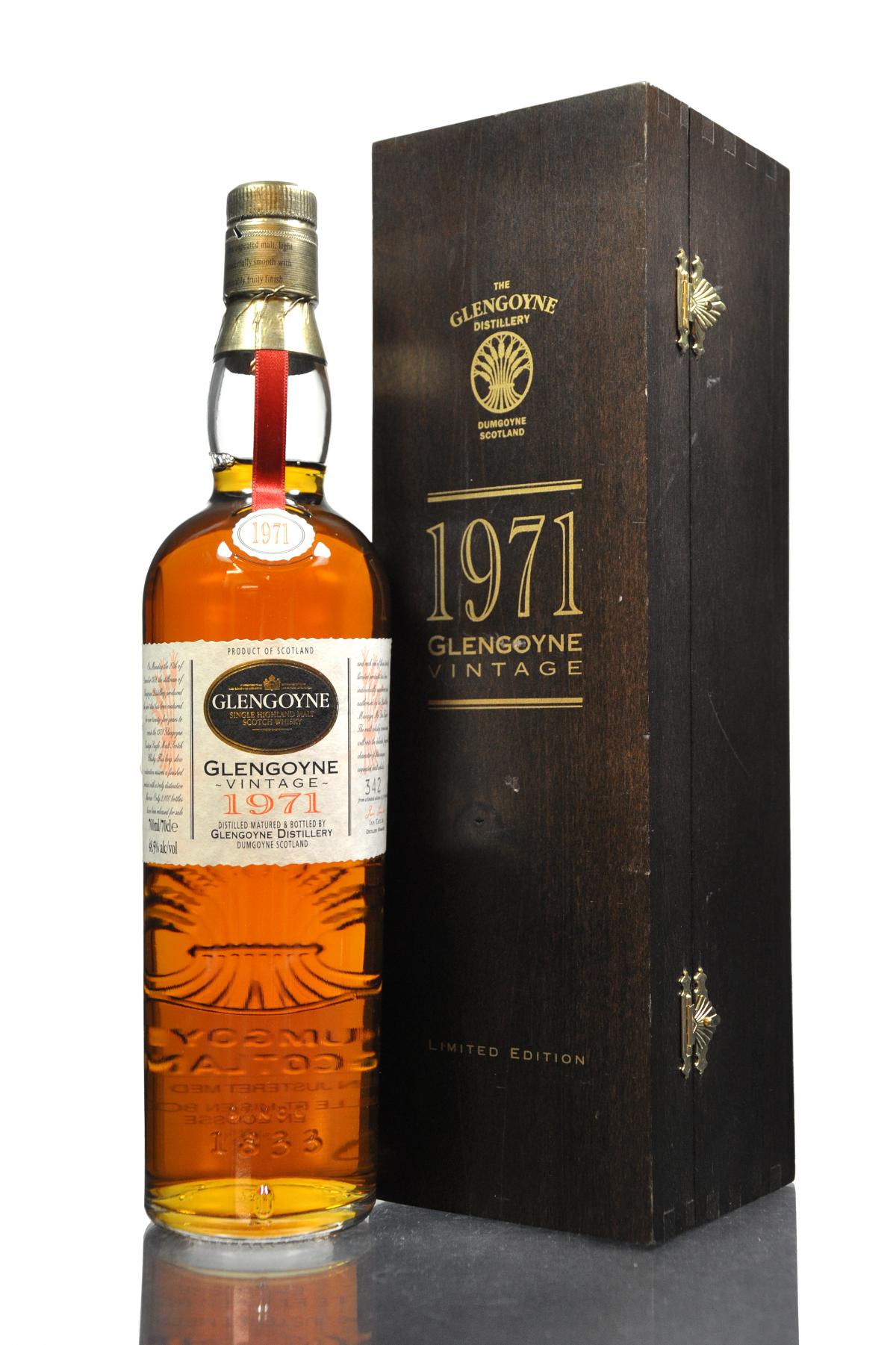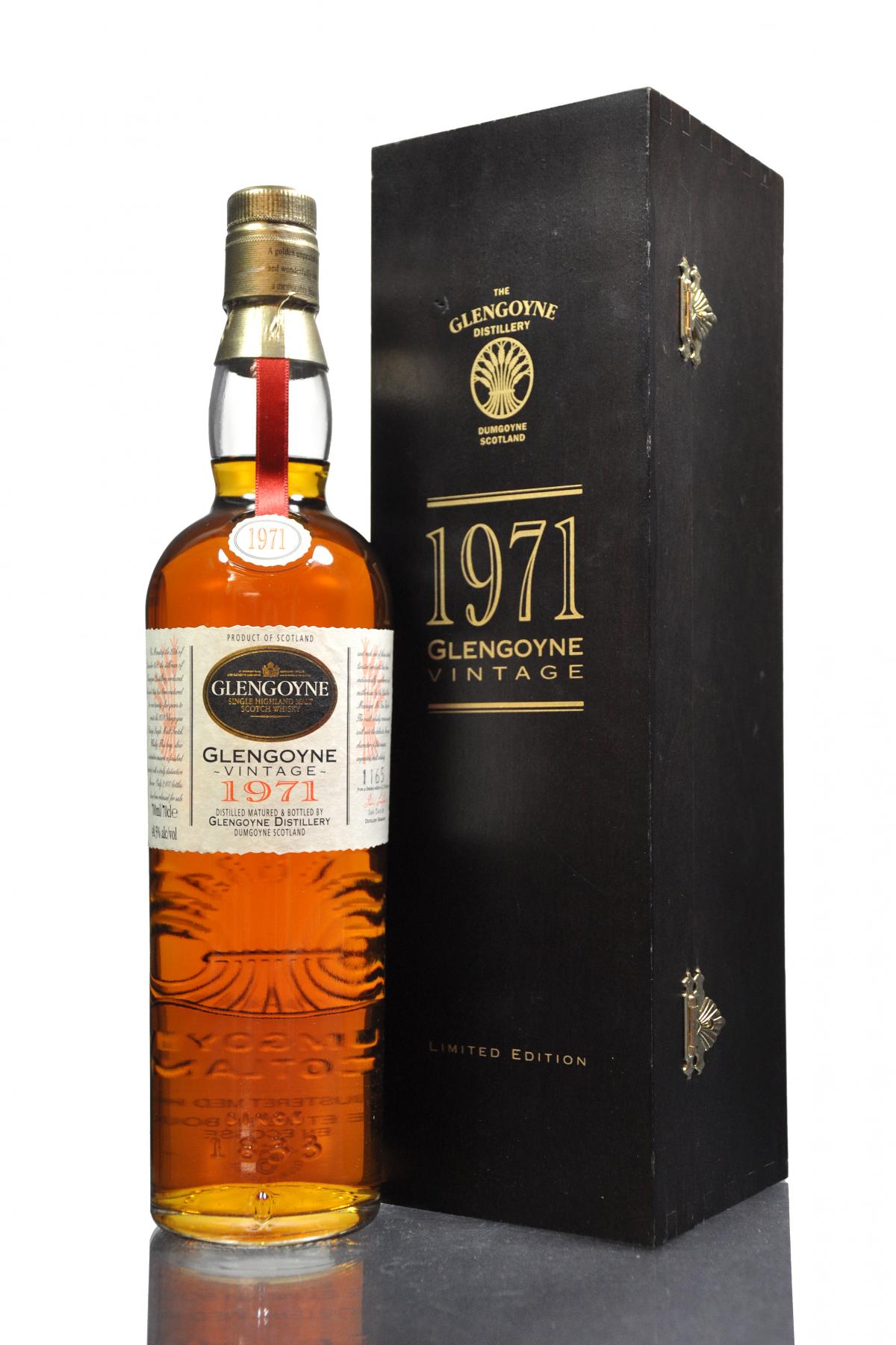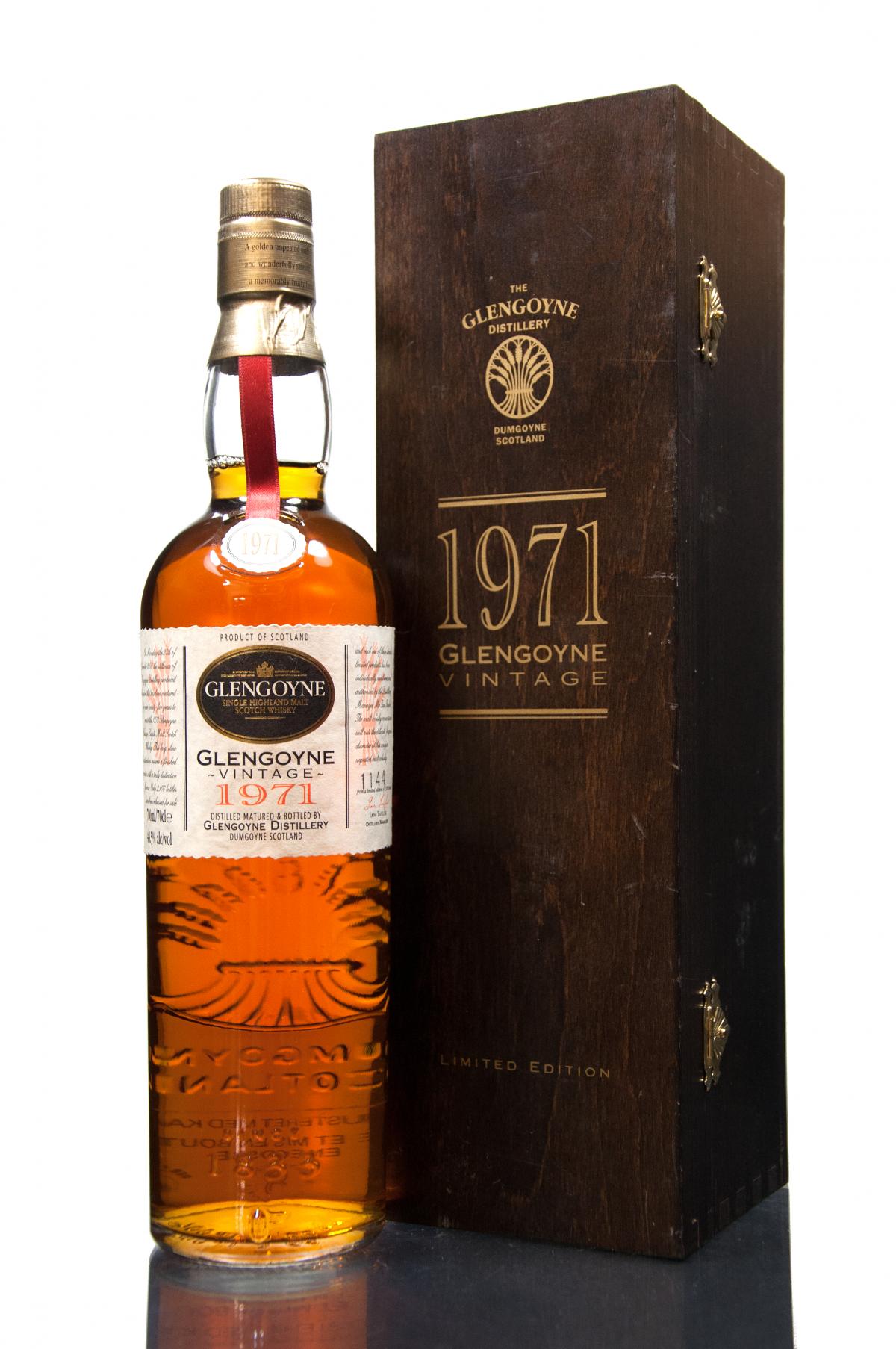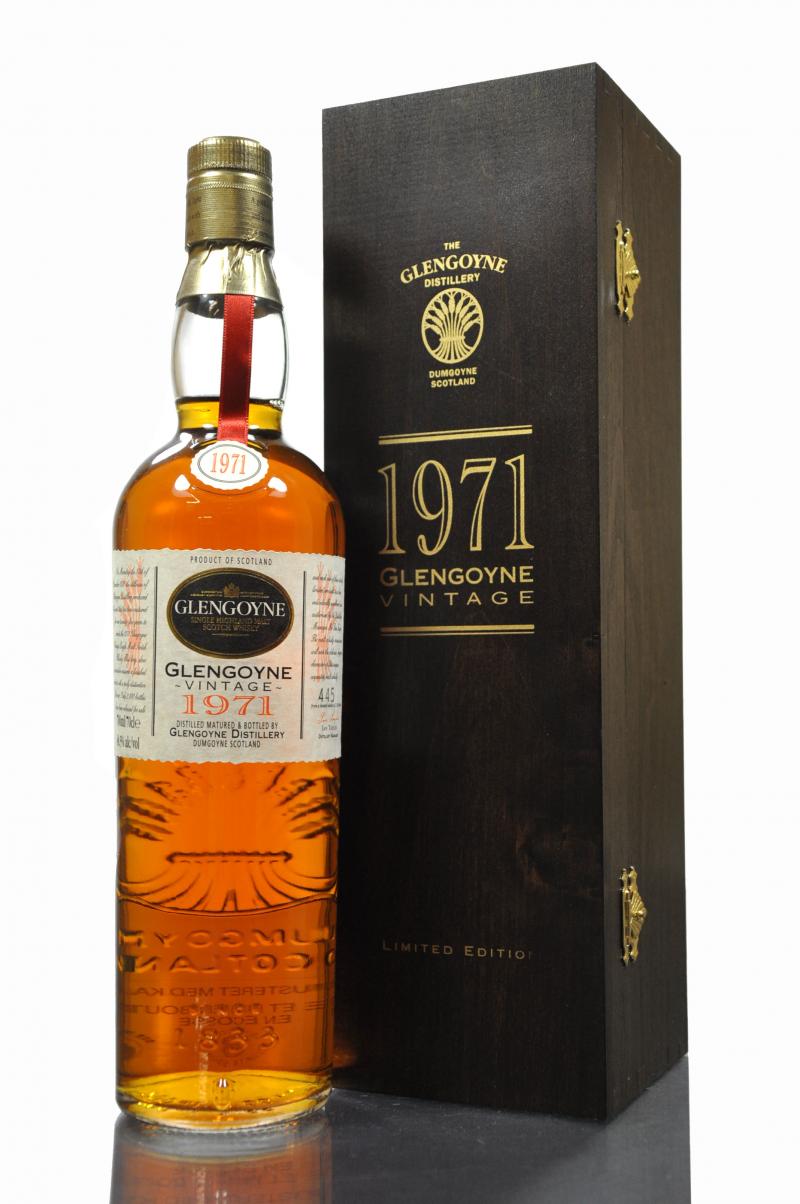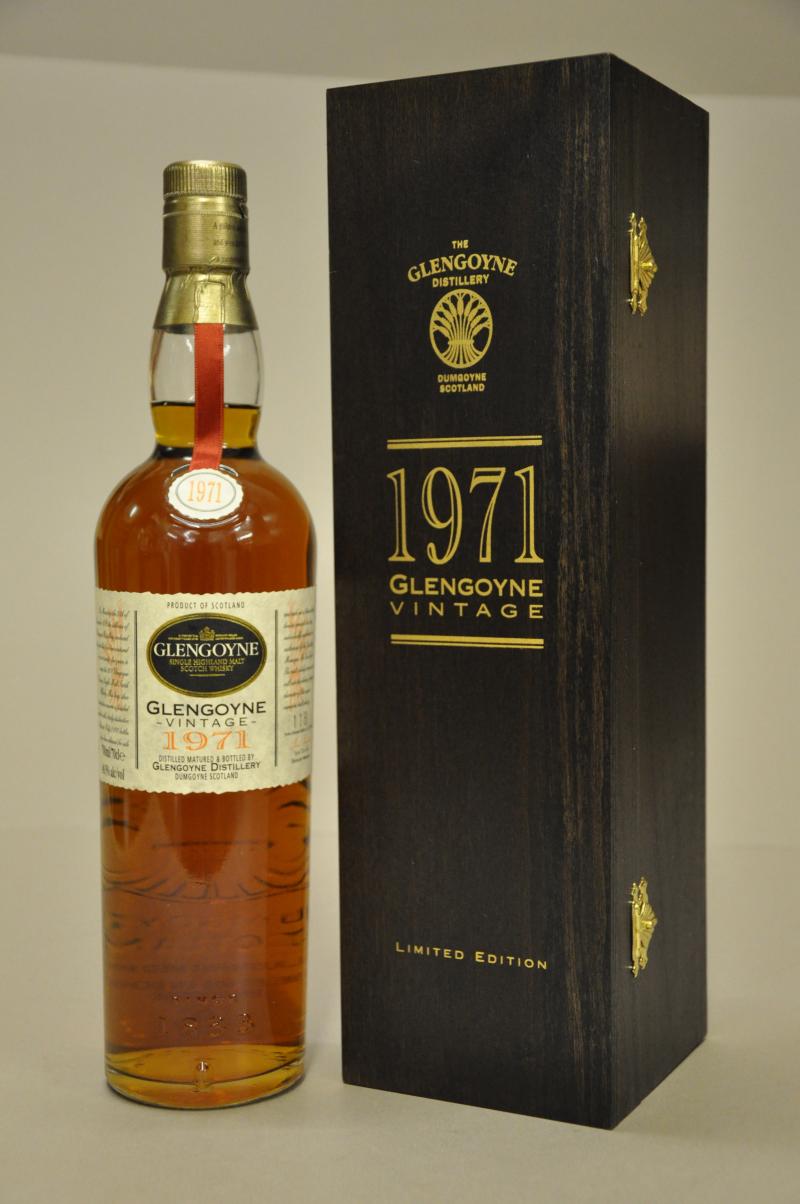Total Lots Sold:
14
View Lots
Do you have this bottle for sale?
SELL IT TODAYHAMMER PRICE OVER TIME
This graph displays data solely from Whisky-Online Auctions past sales history. Please note the filling level of the liquid and the condition of an item can affect the price negatively, so please check individual Lot sales below if there's a sudden dip in the graph.
HAVE ONE FOR SALE?
Submit your details along with an image and a description of your bottle. We'll then be in touch with the best way to proceed.
WHY SELL WITH WHISKY-ONLINE AUCTIONS?
0% Sellers Commission
Free Collections Available
Over 30 Years In The Whisky Industry
Over 1,700 Five Star Trustpilot Reviews
We Sell The Rarest Whiskies Ever Bottled
Global Buying Audience Including Far East Buyers
Bespoke Auction Platform
Thousands Of Active Bidders
Large Database Of Newsletter Subscribers
Over 36k Social Media Followers
Glengoyne 1971-1996 - 25 Year Old
Glengoyne 1971 - 1996. 25 Year Old. One of 2,100 bottles. 70cl. 48.5%.
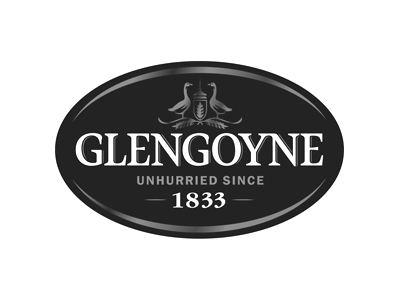
One of Scotland’s finest unsung distilleries, Glengoyne has long been beloved by whisky connoisseurs. Situated right on the border with the Lowlands, Glengoyne is nevertheless a Highland whisky and has made a virtue of using unpeated barley for its ultra-clean spirit, much of which is matured in sherry casks.
Owners Ian Macleod Distillers keep up an impressive rate of new official bottlings from Glengoyne, which was for many years the undisputed star distillery in their portfolio before the acquisition of Rosebank in 2017. A great number of single cask Glengoynes are bottled to complement the standard range of age statement bottlings, of which the 12-year-old and the 21-year-old remain the value standouts. Independently-bottled Glengoyne is rare but some great versions have appeared from Douglas and Hunter Laing, Elixir Distillers and Malts of Scotland.
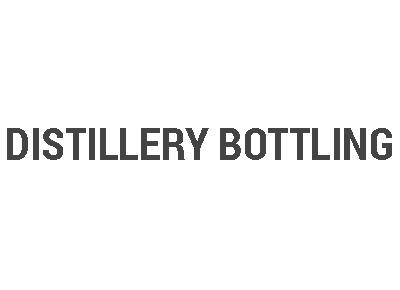
Distillery bottlings are, as the name suggests, bottled by or for the distillery from which the whisky has originated and are thus often referred to as Official Bottlings or OBs. Distillery bottlings are generally more desirable for collectors and usually fetch higher prices at auction than independent bottlings. They are officially-endorsed versions of the whisky from a particular distillery and are therefore considered the truest expression of the distillery’s character.
This ideal of the distillery character is regarded so seriously by the distilleries and brand owners that casks of whisky that are considered to vary too far from the archetype are frequently sold on to whisky brokers and independent bottlers. When this happens, it is often with the proviso that the distillery’s name is not allowed to be used when the cask is bottled for fear of diminishing or damaging the distillery’s character and status.


